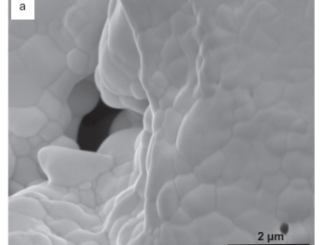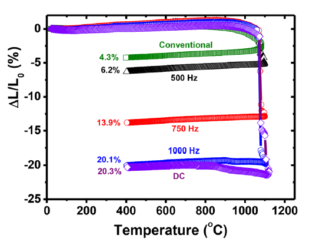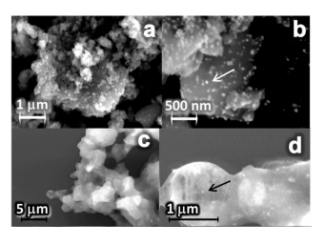
Electrostatic immobilization of antimicrobial peptides on polyethylenimine and their antibacterial effect against Staphylococcus epidermidis
Abstract: Staphylococcus epidermidis is a gram-positive bacterium, and one of the most prevalent causes of nosocomial infections due to its strong ability to form biofilms on catheters and surgical implants. Here we explore the antimicrobial properties of Tet-124 peptides, which are part of the innate defense against different multicellular organisms in nature. Two different Tet-124 peptides were immobilized on a polyethylenimine (PEI) film to determine their impact on the antimicrobial properties: KLWWMIRRW (Tet-124), which contains only natural amino acids, and KLWWMIRRWG-(F-Br)-G (F-Br = 4-Bromophenylalanine), a modified Tet-124 sequence with the addition of an unnatural amino acid. The immobilization was obtained as a result of the electrostatic interaction between PEI amino groups and the C-terminal carboxylic groups of tryptophan and glycine amino acids of Tet-124 and Tet-124-Br peptides, respectively. The process was monitored and studied by water contact angle, Atomic Force Microscopy (AFM), X-ray Photoelectron Spectroscopy (XPS) and Quartz Crystal Microbalance with Dissipation (QCM-D) measurements. The antibacterial effect of our samples against S. epidermis was evaluated by the spread plate counting method, and cytotoxicity was tested using fibroblast cultures. Our results indicate the feasibility to immobilize electrostatically both Tet-124 peptides for biomedical applications.
Authors: Hernandez-Montelongo J1, Corrales Ureña YR2, Machado D3, Lancelloti M3, Pinheiro MP4, Rischka K4, Lisboa-Filho PN5, Cotta MA6.
Colloids and Surfaces B: Biointerfaces
Volume 164, 1 April 2018, Pages 370-378




